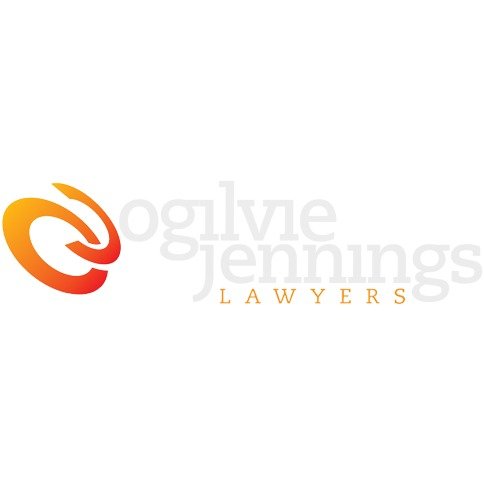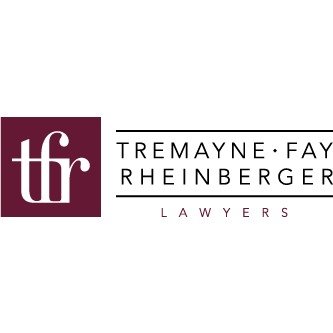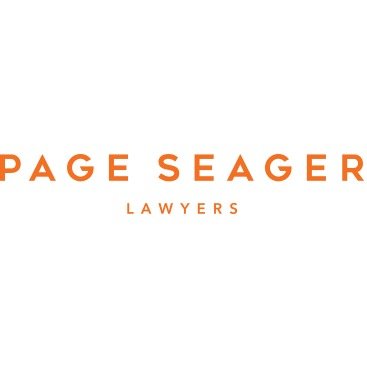Best Hiring & Firing Lawyers in Hobart
Share your needs with us, get contacted by law firms.
Free. Takes 2 min.
List of the best lawyers in Hobart, Australia
About Hiring & Firing Law in Hobart, Australia
Hiring and firing practices in Hobart, Australia, are governed by a combination of national employment laws and specific state guidelines. These regulations aim to ensure fair treatment of employees while balancing the needs of employers to manage their workforce effectively. In Hobart, part of the state of Tasmania, the Fair Work Act 2009 is the primary legislation that dictates terms regarding employment. This act covers various aspects, including hiring practices, unfair dismissal, and redundancy procedures. Employers and employees must stay informed about these laws to maintain a harmonious and compliant workplace.
Why You May Need a Lawyer
Seeking legal advice in hiring and firing matters may be necessary for several scenarios. Employers often require legal assistance to draft compliant employment contracts, implement fair hiring policies, and manage complex dismissals without the risk of litigation. Employees, on the other hand, may seek legal help when contesting unfair dismissals, negotiating severance packages, or understanding their rights in hiring processes. Navigating these issues without professional guidance can lead to costly mistakes or missed opportunities for fair treatment.
Local Laws Overview
In Hobart, the key aspects of local laws impacting hiring and firing include compliance with the Fair Work Act 2009. This national legislation sets the minimum standards for employee entitlements and rights, which include conditions for fair pay, safe working environments, and protection from unjust dismissal. Employers must also adhere to anti-discrimination laws, ensuring that no potential or current employee is treated unjustly based on race, gender, religion, or other protected characteristics. Tasmania-specific worker protection laws may also apply, enforcing state-wide mandates for fair labor practices.
Frequently Asked Questions
What is unfair dismissal?
Unfair dismissal refers to the termination of an employee's contract in a harsh, unjust, or unreasonable manner. Under the Fair Work Act, employees have the right to challenge such dismissals.
How can an employer legally fire an employee in Hobart?
A legal dismissal must be for a valid reason related to the employee's conduct or performance, and employers must follow all procedural fairness steps as outlined in the employment contract and legislation.
Are there laws governing the probation period for new hires in Tasmania?
Yes, while the Fair Work Act does not specify probation periods, these are typically outlined in employment contracts. During probation, either party can terminate employment, but procedural fairness must still be observed.
What are the legal requirements for hiring foreign workers?
Employers must ensure foreign workers have the appropriate work visas. They should also follow Australia's anti-discrimination laws and be familiar with visa conditions for legal compliance.
What entitlements must be provided upon termination?
Employees should receive entitlements such as outstanding wages, accrued leave, and any applicable redundancy pay in line with the Fair Work Act and applicable modern awards or enterprise agreements.
Is a max length for fixed-term contracts set by law?
There is no maximum length for fixed-term contracts, but extending these without justification can lead to a claim of continuing employment rights under the Fair Work Act.
Can an employee be fired without notice?
Immediate dismissal without notice is only legally permissible in cases of serious misconduct. Otherwise, proper notice or payment in lieu must be provided.
How does redundancy differ from unfair dismissal?
Redundancy occurs when an employee's position is no longer required due to operational changes. It's distinct from unfair dismissal, where the termination may lack just cause or follow unfair procedures.
What is the role of the Fair Work Ombudsman?
The Fair Work Ombudsman provides guidance, education, and advice regarding workplace laws and investigates claims of non-compliance with fair work legislation.
How can workplace disputes be resolved in Hobart?
Disputes can often be resolved through negotiation or mediation first, but when necessary, they can be escalated to the Fair Work Commission for official resolution.
Additional Resources
For those seeking legal advice regarding hiring and firing in Hobart, the following resources can be invaluable:
- Fair Work Ombudsman: Offers free advice and tips on workplace rights and duties.
- Tasmania Legal Aid: Provides support and legal aid for employment-related issues.
- Local Law Firms with Employment Law Specialties: Hiring an employment lawyer can provide tailored advice for complex situations.
- Business Tasmania: Offers assistance for employers regarding compliance with state-specific requirements.
Next Steps
If you require legal assistance in hiring and firing, it's crucial to take the following steps:
- Consult with an employment lawyer: Seek out firms that specialize in employment law to ensure expert advice tailored to your situation.
- Review your contracts and policies: Ensure all employment-related documents comply with current laws and reflect fair practices.
- Contact relevant bodies: Reach out to resources like the Fair Work Ombudsman for additional guidance and clarification on specific issues.
- Stay informed: Regularly update your knowledge of legal changes in employment law to maintain compliance and fair workplace practices.
Lawzana helps you find the best lawyers and law firms in Hobart through a curated and pre-screened list of qualified legal professionals. Our platform offers rankings and detailed profiles of attorneys and law firms, allowing you to compare based on practice areas, including Hiring & Firing, experience, and client feedback.
Each profile includes a description of the firm's areas of practice, client reviews, team members and partners, year of establishment, spoken languages, office locations, contact information, social media presence, and any published articles or resources. Most firms on our platform speak English and are experienced in both local and international legal matters.
Get a quote from top-rated law firms in Hobart, Australia — quickly, securely, and without unnecessary hassle.
Disclaimer:
The information provided on this page is for general informational purposes only and does not constitute legal advice. While we strive to ensure the accuracy and relevance of the content, legal information may change over time, and interpretations of the law can vary. You should always consult with a qualified legal professional for advice specific to your situation.
We disclaim all liability for actions taken or not taken based on the content of this page. If you believe any information is incorrect or outdated, please contact us, and we will review and update it where appropriate.














